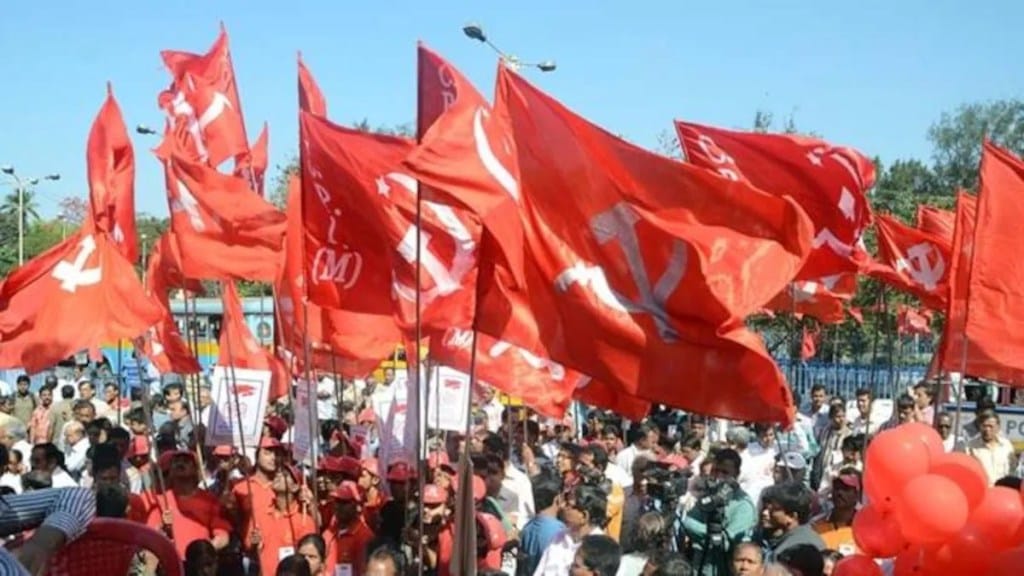The new general secretary of the Communist Party of India (Marxist), MA Baby, sees the need for the party to “directly campaign and conduct struggles” on caste, gender, and social issues, rather than leave such protestation solely to the mass organisations aligned with the party. This is a marked shift from the mainstream Indian Left’s conventional approach. The CPI(M) has fought shy of directly engaging itself with issues, where class divisions in its analysis aren’t self-evident.
The unrelenting focus on “class struggle” and the inherent fear that a larger campaign front could detract from this ideological object may have contributed to the CPI(M)’s parliamentary marginalisation, and erosion of its mass base. Baby also notes that a crucial factor in the future growth of his party lies in attracting more youth. Both the realisations may have come a bit too late, but are welcome nevertheless.
It is pointless for the CPI(M) to do ideological hair-splitting, as the principal challenge right now is its very survival. Its “national party” status is in real threat. Right since the 1964 split of the CPI which led to its formation, the CPI(M) has self-avowedly been following an “independent path” based on the concrete analysis of the Indian situation, while remaining wedded to the larger goals of “social transformation”, and creation of a socialist society.
However, in practical terms, it has often turned a blind eye to Indian realities. Not for nothing its minimal parliamentary role right now is a far cry from being the third largest party in the Lok Sabha (LS) after 2004 general elections. To be sure, the post of the Leader of Opposition belonged to the undivided CPI in the Congress-dominated first LS, and the CPI(M)-led fronts ran governments in three states at some point, and had an uninterrupted 34-year run in West Bengal.
True, the Left parties still play a significant role in the political discourse. They often punch much above their parliamentary heft. A calatytic role was, for instance, played by the party’s former general secretary late Sitaram Yechury in building the I.N.D.I.A platform in the run-up to the 18th LS polls. To say that the Left is politically fossilised is clichéd. Ideas of the Left continue to present themselves in several parts of the world.
Mass protests by social groups affiliated with or led by the Left do take place. The path of capitalism hasn’t been unblemished either; at best it has had a mixed record in alleviating poverty, and human deprivation. In the current juncture, for instance, the ongoing tariff war, many believe, is reflective of the need to redefine some fundamental tenets of dominant economic policies like unbridled free trade and unfettered globalisation.
The CPI(M) is vocal about the relative success of the Kerala model, where a society with per capita or even median income much below the rich world’s has made noticeable headway in human development and standard of living. A part of the state’s success could be attributed to the Left’s policies like land and education reforms, committed public investment in social infrastructure, and decentralised planning. However, as the present Left Democratic Front government in Kerala too seemingly recognises, for higher economic growth, the state would need the tools of capitalism. Making a pitch for use of such policy instruments in the least oppressive and most equitable manner is how the Left could find its contemporary relevance.

